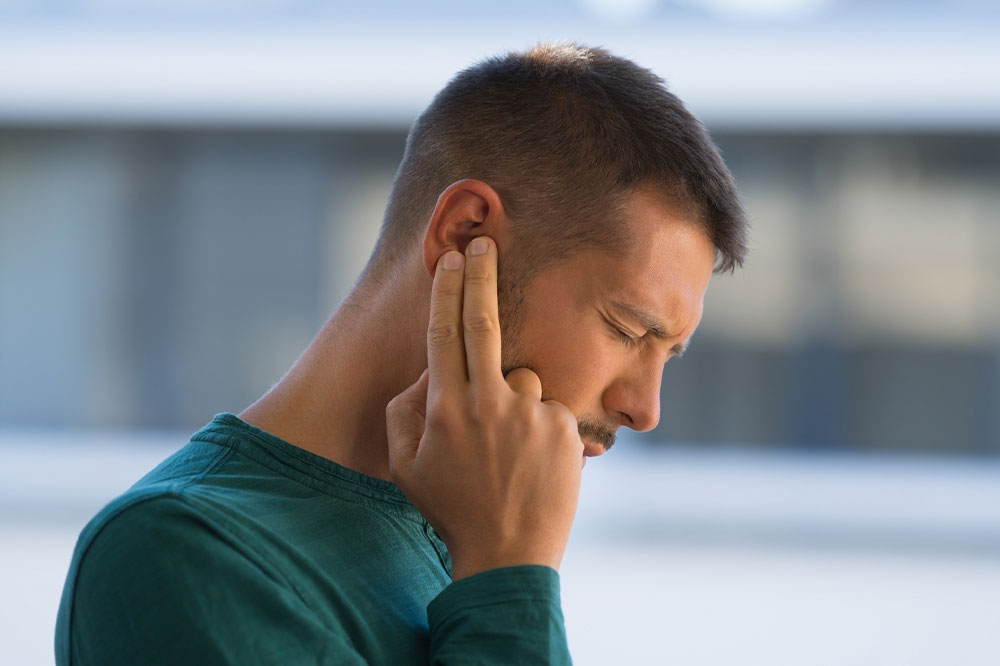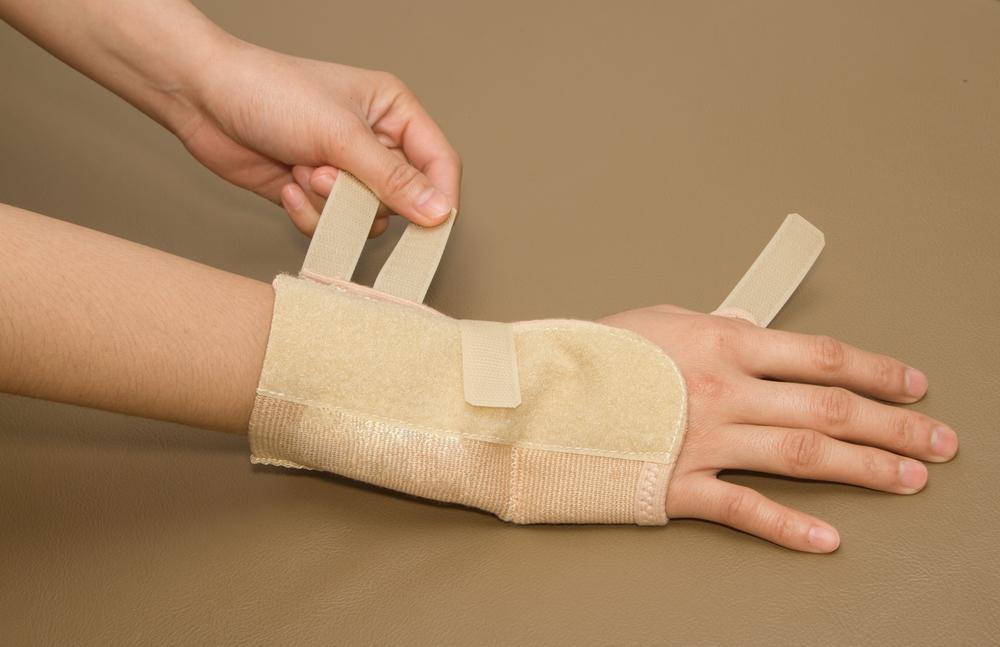Comprehensive Home Remedies to Relieve Ear Pain Effectively
Discover comprehensive home remedies to effectively alleviate ear pain. Learn about natural treatments such as warm compresses, herbal oils, and proper hydration, and know when to seek professional help. This detailed guide helps you manage ear discomfort safely at home, promoting faster recovery and preventing complications.

Comprehensive Home Remedies to Relieve Ear Pain Effectively
Experiencing sudden or persistent ear pain can be a source of significant discomfort, affecting daily activities and disrupting restful sleep. Ear pain, medically known as otalgia, can originate from various causes, including infections, physical disturbances, or pressure changes within the ear. While professional medical evaluation is critical for accurate diagnosis and appropriate treatment, there are numerous home remedies that individuals can utilize to soothe their symptoms and promote healing. Understanding the causes of ear pain and implementing effective at-home strategies can significantly reduce discomfort and prevent complications.
Understanding the Common Causes of Ear Pain
Ear pain can arise from issues affecting different parts of the ear—outer, middle, or inner. These causes include inflammation, infections, or trauma, each requiring specific approaches for relief. Recognizing the underlying reasons for your ear discomfort can help you choose the most suitable home treatment, but persistent or severe pain should always prompt consultation with a healthcare professional for accurate diagnosis and care.
The onset of ear pain can be abrupt or develop gradually, depending on its root cause. Symptoms such as throbbing, sharp pain, or a feeling of fullness may accompany the discomfort. Causes frequently associated with ear pain include:
Build-up of excess earwax (cerumen impaction)
Viral infections like the common cold or influenza
Inner ear infections or infections of the ear canal
Ear trauma from injury or pressure changes
Sore throat or tonsillitis, which can radiate pain to the ear
Dental infections, abscesses, or other oral health issues
Addressing ear pain at home requires understanding these causes, and implementing remedies accordingly, always under guidance if symptoms persist or worsen.
For minor discomforts, simple home interventions can provide relief, but ongoing pain and associated symptoms should always be evaluated by healthcare professionals. Here are detailed home treatment options to alleviate ear pain effectively:
Warm Compress for Soothing Relief
Applying a warm compress is one of the most straightforward and effective ways to manage ear pain. Warmth helps increase blood flow, decrease inflammation, and relax muscles surrounding the ear. To do this safely, soak a clean cloth or towel in warm water, wring out excess moisture, and gently place it over the affected ear. Keep it in place for approximately 15–20 minutes, ensuring the temperature is moderate—not hot—to prevent burns. For broader relief, you can also apply warmth to the neck and throat area, especially if discomfort radiates beyond the ear. Avoid sleeping with a hot compress in contact with your skin to prevent burns.
Cold Therapy for Reducing Swelling and Numbness
Cold packs or ice wrapped in a cloth are useful for diminishing swelling and numbing pain. Applying cold for about 15–20 minutes can constrict blood vessels, reducing inflammation. Gently press the cold pack against the ear, taking care to avoid direct contact with the skin, which could cause frostbite. Alternating between hot and cold therapies—known as contrast therapy—can boost circulation and provide further comfort.
Adjusting Sleeping Positions to Minimize Discomfort
Elevating the head during sleep can help relieve pressure and reduce pain. Use extra pillows or a wedge pillow to keep the head higher than the body, which encourages fluid drainage and minimizes ear pressure. Sleeping on the side opposite the affected ear can also ease discomfort, particularly if the pain worsens when lying down.
Natural Remedies Using Garlic
Garlic is renowned for its anti-inflammatory and antimicrobial properties, making it a popular natural remedy for ear pain. You can incorporate raw garlic into your diet or prepare garlic oil for topical application. To make garlic oil, heat a few garlic cloves in small amounts of sesame or olive oil until fragrant, then strain and cool before applying a few drops into the affected ear. Alternatively, crushing garlic, mixing it with a pinch of salt, wrapping it in a cloth, and placing it near the ear might provide soothing relief. Be attentive to allergies before using garlic and avoid direct insertion into the ear canal.
Clove Oil for Analgesic and Anti-Inflammatory Effects
Clove oil contains eugenol, a compound with potent pain-relieving and anti-inflammatory properties. To prepare, sauté a single clove in sesame oil until fragrant, cool the oil, strain out the clove, and then place a few drops into the affected ear. Use this remedy consistently over several days for optimal results. Ensure the oil is not too hot before application, and discontinue if irritation occurs.
Tea Tree Oil as an Antiseptic Solution
Diluting tea tree oil with a carrier oil like coconut or olive oil creates an effective antiseptic solution. With just a couple of drops, it can be carefully instilled into the ear to harness its anti-inflammatory and antimicrobial benefits. Never use undiluted tea tree oil directly in the ear, as it may cause irritation. Be cautious and consult a healthcare provider before trying this remedy, especially if you have sensitive skin or allergies.
Ensuring Adequate Hydration
Proper hydration is fundamental for ear health. Drinking plenty of water helps thin mucus and saliva, reducing blockages and easing pressure in the Eustachian tubes. Staying well-hydrated can prevent congestion and promote faster recovery from ear infections or inflammation.
Over-the-Counter Ear Drops for Symptomatic Relief
Some over-the-counter ear drops contain ingredients specifically designed to alleviate pain, soften wax, or reduce inflammation. These may be suitable if recommended by a healthcare professional. Always read labels carefully and follow the instructions for safe use. If your ear pain persists after using OTC drops, seek medical advice promptly.
Gentle Ear Massage Techniques
Soft, circular massage around the ear, jawline, and neck can improve circulation and alleviate radiating pain. Use gentle pressure to avoid further irritation. This method can be particularly effective if discomfort is related to tension or muscular strain.
When to Seek Medical Attention
While most cases of mild ear pain resolve with home remedies, some symptoms warrant immediate medical attention. Seek professional help if you experience severe pain, persistent symptoms beyond 3–4 days, hearing loss, dizziness, fever, liquid discharge, or signs of a serious infection. Early diagnosis and treatment are crucial to prevent complications.
In conclusion, understanding the causes of ear pain and implementing appropriate home remedies can provide significant relief. Always prioritize safety—consult healthcare providers for persistent or severe symptoms or if unsure about the remedies. Proper care and timely medical intervention ensure your ear health and overall well-being are maintained.





